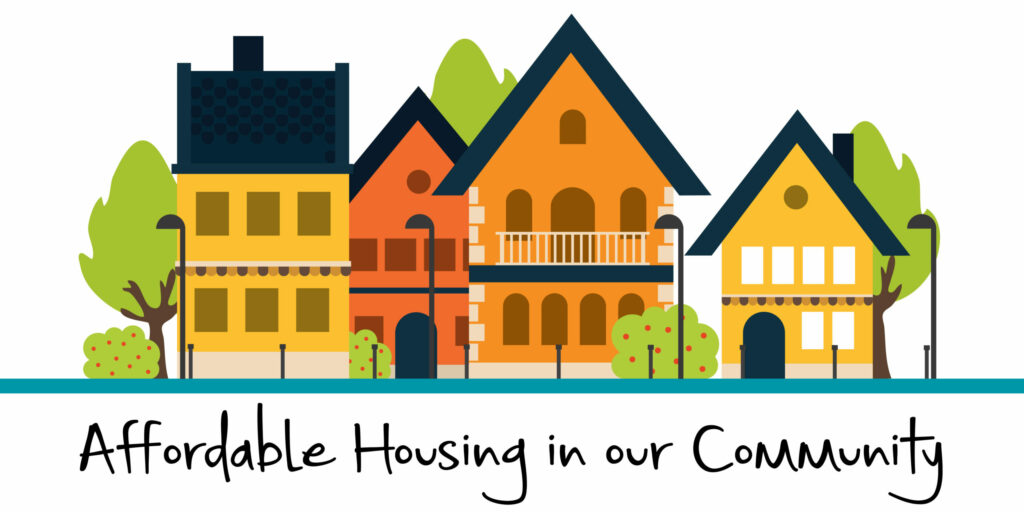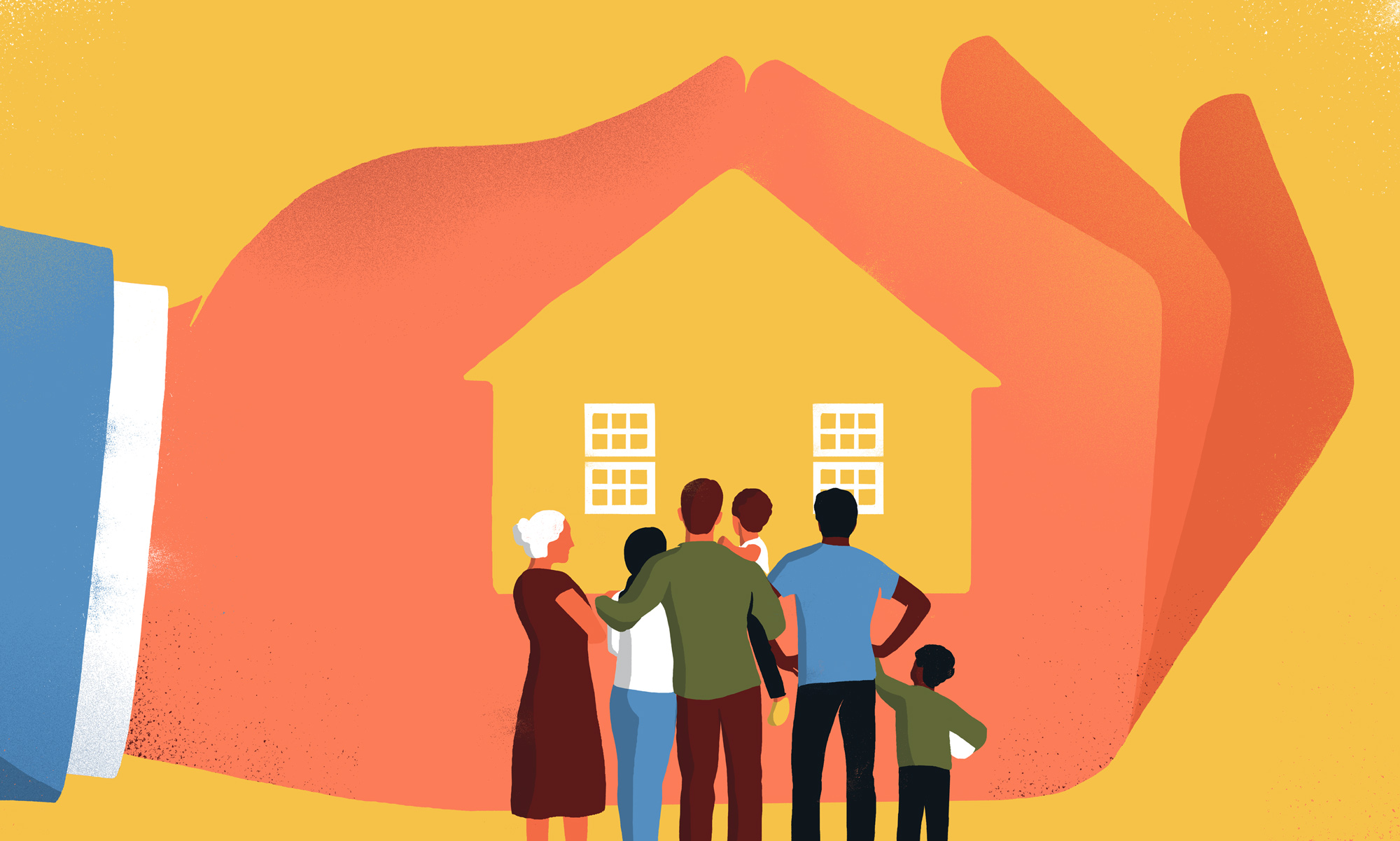How to Uncover the Best Deals and Secure Affordable Homeownership
How to Uncover the Best Deals and Secure Affordable Homeownership
Blog Article
Budget-friendly Homeownership Options for First-Time Homebuyers
As the housing market proceeds to progress, first-time buyers deal with special challenges in safeguarding economical homeownership choices. These campaigns not only facilitate homeownership but also foster neighborhood security and economic growth.
Federal Government Aid Programs
Government assistance programs play a crucial function in making homeownership possible for several people and families. These programs intend to alleviate the financial concern connected with acquiring a home, particularly for new buyers. By providing financial assistance, grants, and tax obligation motivations, government initiatives aid connect the gap in between increasing housing costs and the buying power of possible homeowners.
Numerous programs are readily available at the federal, state, and local levels. For instance, the Federal Real Estate Administration (FHA) gives insurance coverage on finances, allowing lending institutions to use more beneficial terms, such as reduced down repayments and lowered rate of interest. In addition, state and city governments typically have their very own campaigns, which might consist of deposit help programs, property buyer education programs, and beneficial home loan terms.
These programs are developed to deal with the unique obstacles encountered by low- to moderate-income families, consisting of limited financial savings and credit report history. By fostering an environment where homeownership is extra obtainable, entitlement program programs not only sustain private goals but additionally add to neighborhood stability and financial growth. Recognizing and making use of these sources can considerably improve the prospects of effective homeownership.
Low-Down-Payment Mortgages
For lots of aspiring home owners, low-down-payment home loans offer a feasible pathway to homeownership, specifically in today's tough housing market. These home mortgage alternatives usually require deposits varying from 3% to 5%, making it simpler for first-time customers to enter the market without the worry of saving for a considerable down payment.
Different lending institutions provide low-down-payment programs, consisting of standard financings backed by Fannie Mae and Freddie Mac, as well as government-backed choices like FHA car loans. These home mortgages are designed to fit people with minimal cost savings while still providing competitive rate of interest prices. Importantly, they allow purchasers to keep even more cash money for various other important costs, such as moving prices, home evaluations, and prospective improvements.
However, possible property owners need to be conscious of the trade-offs associated with low-down-payment mortgages. A smaller sized deposit may result in higher regular monthly repayments and the need of private mortgage insurance coverage (PMI), which secures lending institutions in instance of default. It is important for first-time purchasers to conduct comprehensive research and seek advice from with home loan specialists, guaranteeing they choose a low-down-payment choice that aligns with their long-term economic objectives.
First-Time Buyer Grants
Numerous first-time buyers discover that grants can significantly alleviate the financial worry of buying a home, complementing low-down-payment home loan alternatives. These gives, often offered by state and city governments or non-profit companies, provide financial help that does not need payment, making them an attractive choice for those entering the housing market.
Qualification for novice homebuyer gives usually relies on earnings, credit reliability, and the acquisition cost of the home. Many programs are made to assist low- to moderate-income family members, ensuring that support gets to those that need it most. The application process commonly involves paperwork of economic status, homebuyer education programs, and sometimes even a commitment to remain in the home for a particular duration.
The amount of aid varies widely, with some grants offering a number of thousand bucks to help cover closing costs or deposits. Looking into available grants in your location is crucial, as programs frequently alter and may have specific requirements. By leveraging these funds, novice buyers can make homeownership more available, eventually accomplishing their dream of possessing a home while minimizing the first economic pressure.
Innovative Area Efforts
Ingenious area campaigns are playing a crucial duty in increasing cost effective homeownership alternatives for homeowners. These campaigns commonly involve collective efforts in between neighborhood federal governments, non-profit companies, and economic sector stakeholders to create lasting real estate services tailored to area requirements.
One remarkable technique is the establishment of area land depends on (CLTs), which enable locals to acquire homes while the land stays had by the count on. This design helps Find Out More keep affordability with time and protects against speculative cost boosts. In addition, CLTs usually supply academic sources and support solutions to equip first-time buyers.
Another reliable effort is the growth of mixed-income housing tasks, which blend budget friendly systems with market-rate homes. This method promotes comprehensive areas and minimizes the preconception often connected with low-income housing. Neighborhood governments are increasingly supporting zoning reforms to help with the building of accessory residence devices (ADUs), which can provide added rental revenue for property owners while increasing housing availability.

Tips for Budgeting and Saving

Following, establish a committed cost savings account specifically for your future home acquisition. Objective to save a percent of your revenue consistently, ideally 20% or even more, to build a considerable deposit. Make use of automation tools, such as direct down payment or automatic transfers, to make conserving easier and extra constant.
Furthermore, think about taking on the 50/30/20 guideline: allocate 50% of your revenue to demands, 30% to wants, and 20% to savings and debt payment - Affordable Homeownership. This approach advertises well balanced monetary wellness

Conclusion
In summary, affordable homeownership options for novice property buyers include different sources such as government support programs, low-down-payment home loans, and grants. By leveraging these financial tools, individuals can browse the complexities of homeownership, ultimately contributing to an extra More Bonuses fair housing landscape.
As the real estate market continues to progress, newbie property buyers deal with distinct difficulties in protecting budget friendly homeownership alternatives. By cultivating a setting where homeownership is a lot more accessible, federal government aid programs not just support individual desires however also contribute to area stability and economic development. By leveraging these monetary sources, newbie homebuyers can make homeownership more obtainable, inevitably accomplishing their dream of possessing a home while mitigating the first monetary strain.
In recap, budget friendly homeownership options for first-time property buyers incorporate different resources such as federal government assistance programs, low-down-payment mortgages, and gives. By leveraging these monetary devices, people can navigate the intricacies of homeownership, eventually contributing to a much more equitable real estate landscape.
Report this page